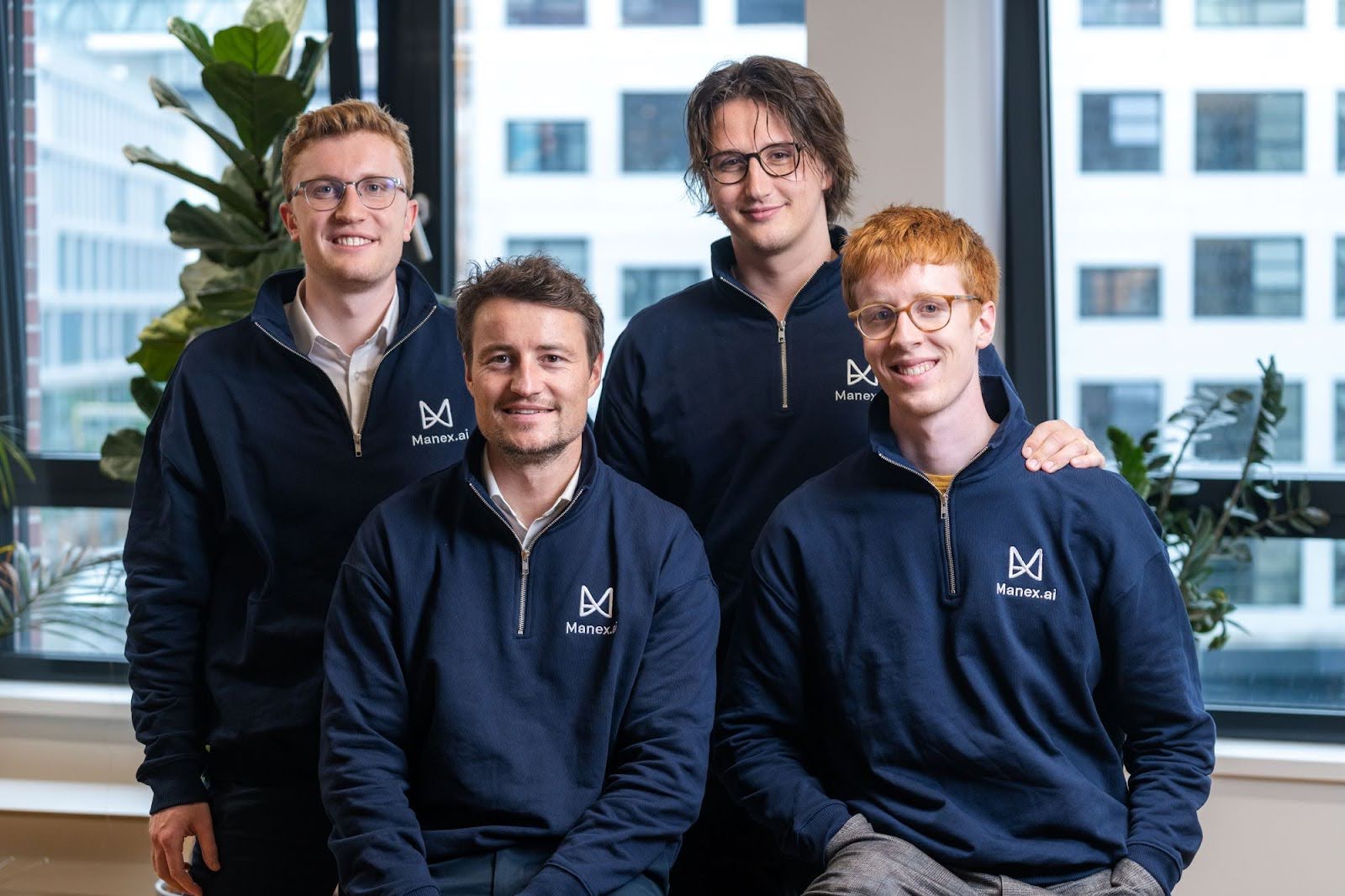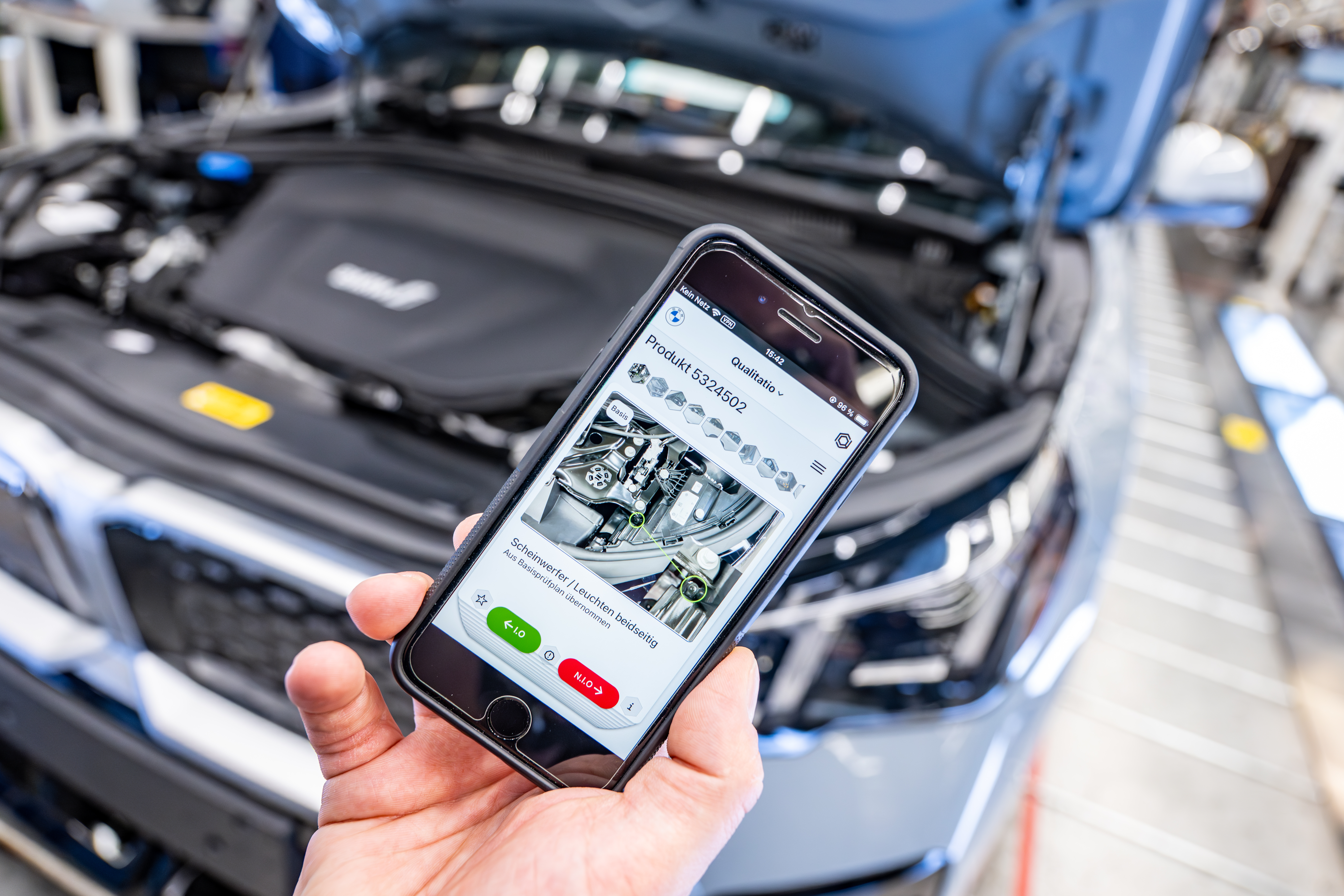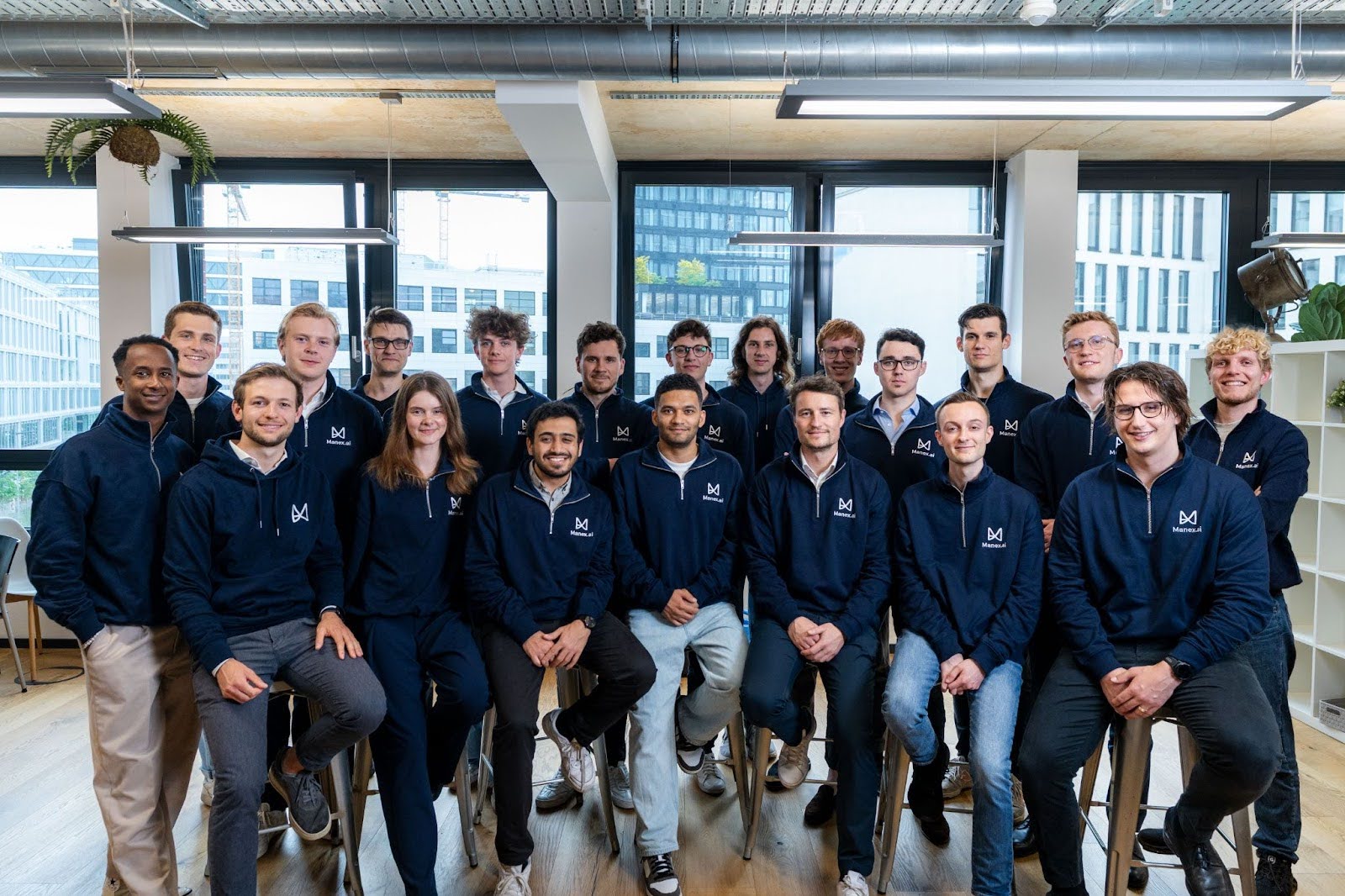06/03/2025
AI
Enterprise
Partnering with Manex AI to Build the Control Layer for Autonomous Manufacturing

We are excited to announce our investment in Manex AI’s €8 million seed round, alongside BlueYard Capital, Capmont Technology, and the CDTM Venture Fund. This investment marks our continued commitment to backing transformative AI companies addressing critical industrial challenges.
The Future of Manufacturing is Autonomous
Manufacturing stands at a pivotal crossroads. Global macroeconomic volatility, labor shortages, and tightening margins are creating unprecedented pressures on the industry. At the same time, artificial intelligence presents a tremendous opportunity to revolutionize production processes. Manufacturers have invested billions of dollars into building the core data foundation to digitize–and if done right–can now up-level their production processes with AI.
The team at Manex AI has recognized this opportunity and is building the essential control layer that will enable truly autonomous factories. Their AI-driven software platform for industrial quality management and process steering is already delivering measurable results for industry leaders, paving the way for the next generation of manufacturing excellence.
Why Manex AI?
Founded just 18 months ago in Munich, Manex AI has rapidly established itself as a trusted partner to some of Europe’s most demanding manufacturers. BMW, Audi, TDK Electronics, BSH, Stellantis, and Henkel are already using Manex AI’s technology to transform their quality management processes.

What sets Manex AI apart is its comprehensive approach to manufacturing data. Their flagship platform, Qualitatio, integrates into every aspect of the manufacturing process–from order intake through production to final delivery. This holistic view enables their AI to generate insights and optimizations that would be impossible with fragmented data approaches.
The results speak for themselves. As Johann Förster, Director of Quality at Resrg Automotive, notes: “With their help and the use of Qualitatio, we were able to more than halve our inspection volume – while at the same time improving delivery quality.”
As manufacturing continues its inevitable march toward full automation, we believe Manex AI will play a critical role in enabling this transition. Their high-impact optimization AI agents represent a core fabric layer technology for the future of manufacturing.
Building the Future Together
We believe Nathan, Andreas, Fabian, and Phillipp are the perfect match. At 24 years old, Nathan is much more than just a “Wunderkind” being home in Germany’s entrepreneurial powerhouse CDTM, known for its unicorn founders from Personio, Trade Republic, Forto, and many more. He scaled a consulting business while graduating from the Technical University of Munich with distinction and being part of the prestigious Bavarian Elite Academy. Nathan and Andreas met at BMW. Andreas’ industrial experience and PhD at BMW helped show how AI can save millions in production processes. Together with Philipps’ background from consulting industrial companies and Fabian’s product and technical acumen, they are a complete team.
We are delighted to partner with Nathan Gruber, Andreas Schoch, Fabian Gruber, Philipp Becker, and the entire Manex AI team as they scale their vision and product globally.

If you’re building in industrial AI or are a manufacturer interested in exploring how AI can transform your operations, the Manex team would love to work with you. Also, if you’re excited about hard problems at the intersection of industrials and AI, apply here.
The content here should not be viewed as investment advice, nor does it constitute an offer to sell, or a solicitation of an offer to buy, any securities. The views expressed here are those of the individual Lightspeed Management Company, L.L.C. (“Lightspeed”) personnel and are not the views of Lightspeed or its affiliates.
Authors



